
Integrated Pest Management



Throughout the NYC and NJ metro area, it is no secret that the area has always had a pest problem. With the growth of a large city, you can expect that you will have some issues. Historical buildings, while beautiful architecturally and culturally, have always been the site for pests to congregate in. As the buildings get old, they will have an increased vulnerability to some of these problems.


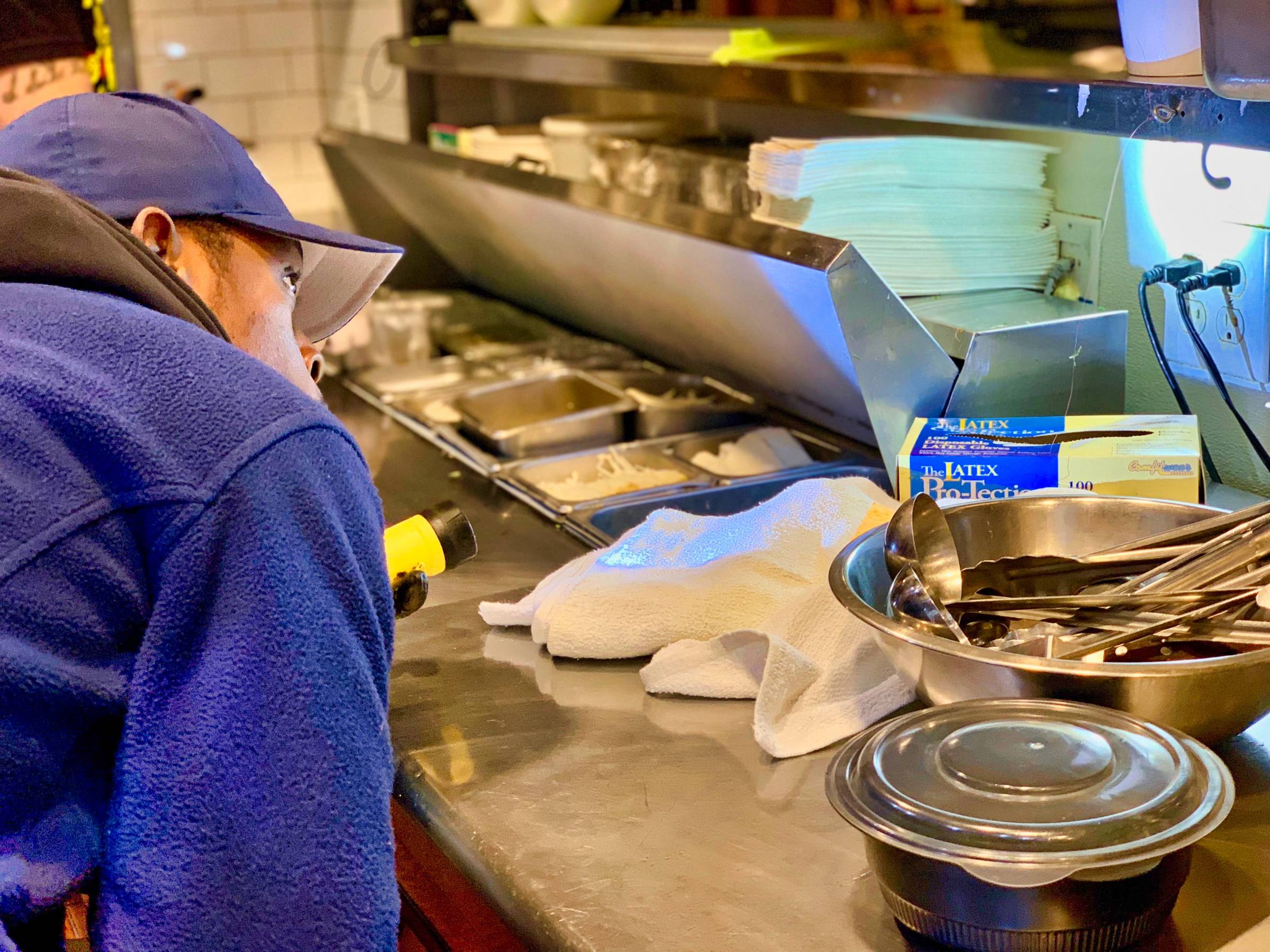
Here at Standard Pest Management, we do pest proofing to help businesses feel free from pests. The damage that pests can cause to a building can’t be underestimated, which is why you should hire people for the job as soon as possible. Don’t wait. You may think to try to do this on your own, but you have a problem with this. You don’t have the same level of knowledge to handle it, and many times, you can even worsen the problem.



Your business needs this because of how you could think of it as an investment. If customers find out that you have a roach problem or a rat problem, this can irreparably damage the reputation of your business. You will have a hard time recovering from it.
When we do rodent proofing, not only do we take care of the rodents currently in the building, but we handle the problem at the source: Food. When you take care of where the rodents can get food, they start to die off because they don’t have enough food to support their populations. We also set traps and bait stations that can eliminate the problem as quickly and humanely as possible. No prisoners are taken.
Your business needs this because of how you could think of it as an investment. If customers find out that you have a roach problem or a rat problem, this can irreparably damage the reputation of your business. You will have a hard time recovering from it.
When we do rodent proofing, not only do we take care of the rodents currently in the building, but we handle the problem at the source: Food. When you take care of where the rodents can get food, they start to die off because they don’t have enough food to support their populations. We also set traps and bait stations that can eliminate the problem as quickly and humanely as possible. No prisoners are taken.
Inspections have the added benefit of making us aware of vulnerabilities long before they become a major problem. Once we identify any areas of improvement, we’ll roll out preventative measures to keep pests out.
We’ll also let you know if we notice any housekeeping or sanitation issues that we think pests would find appealing so you and your staff can take action before it’s too late.
The famous general Sun Tzu once said, “Know your enemy, and you shall win a hundred battles without loss.” This is absolutely true for pest control. We can’t effectively fight an infestation until we know exactly what kind of pest we’re dealing with.
Once we identify the species, we’ll know what kind of behaviors to look for and how best to combat them. Not only does this increase the efficiency of treatment, but it also helps us narrow down which methods will work best to minimize any risk or exposure to other organisms.
Once we’ve identified the kind of perpetrator we’re dealing with, we need to figure out their motive (i.e., why they’ve chosen to invade your facility)! Are there any gaps in the floors, walls, or other parts of your building that makes it easy for pests to enter? Are there patches of moisture or debris that pests find irresistible?
Any odors they might be drawn to? Identifying what factors are motivating pests to enter your facility in the first place will help us narrow down the most effective techniques to help control the unwanted intruders in the future.
Unlike traditional commercial pest control methods that rely on the use of harmful chemicals, IPM favors non-chemical techniques like exclusion, baiting, and trapping. Depending on your facility and the types of pests you’re dealing with, treatment options will vary.
Typically a treatment plan will involve a couple of solutions targeted to best manage your particular situation. If non-chemical methods have proven ineffective at managing a situation, a small amount of chemicals may be used in a very specific, targeted capacity.
Monitoring is crucial to ensure that pest populations don’t bounce back. And if they do try to make a comeback, catching them early is key so that we can take swift action before the problem escalates, the infestation spreads, and real damage is done.
Once we’ve rolled out a treatment plan, we also want to make sure that the plan is working. If any aspect of the treatment plan is found to be ineffective, we’ll know right away so we can make the necessary adjustments for the best possible treatment.
If your facility ever gets audited, you’ll want to have timely pest control documentation on hand to share with the inspector. Documents you should keep on file include service reports, pest activity reports, pesticide usage reports, and reports of any corrective actions taken.
Documentation will also help you monitor the situation over time. You can look back at data like when the pests first appeared and where they appeared, and then compare that to the most recent data. This will help shed light on how the problem has evolved over time, where the most vulnerable areas of your facility are, and if treatment is working over time.


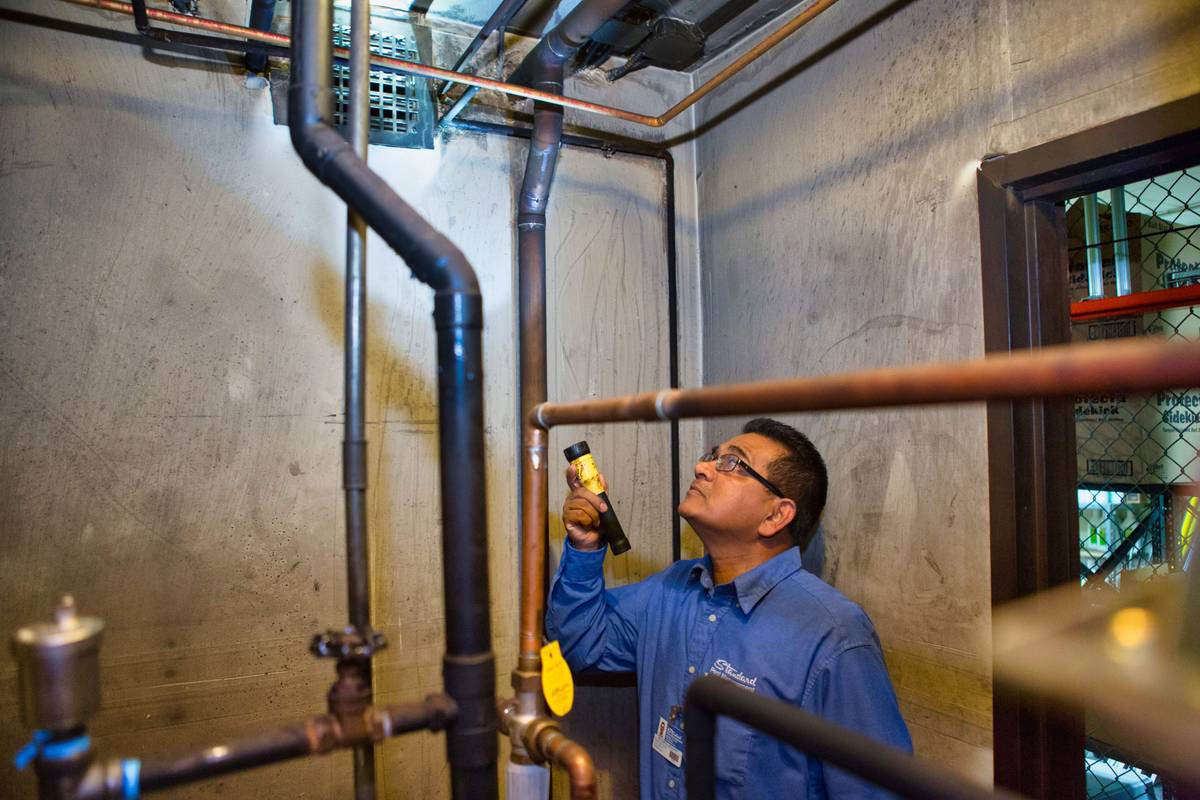
Having a professional on hand will help you to identify the pests at your facility. It helps to call in the big guns because of how they have experience working with them, and they will know what it is through sheer power of experience.
Experience becomes a powerful form of wisdom. With the help of a professional, you can figure out the type of pest that you might be dealing with. It is important to have a professional look at it because of how the average person could mislabel it and make a bigger mess.


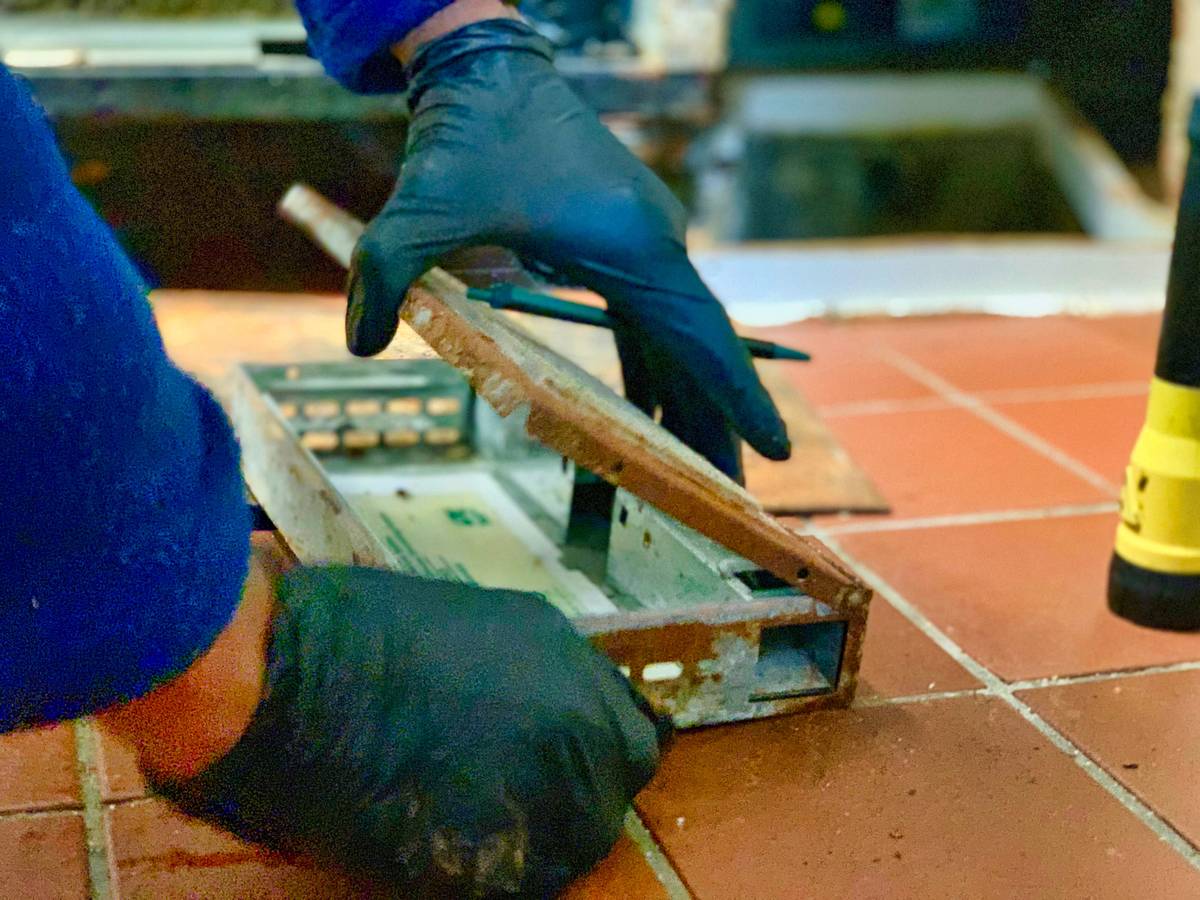
After you have identified the pest in New York City, next you will need a professional to determine the numbers. What level of infestation is it at? Once they have reached a number, they will begin to monitor it to determine the success rate and if the numbers are decreasing.
When the numbers fail to decrease, they can look at some of the possible reasons for this and what they can do to help with lowering the pest levels. Constant monitoring is required after you have determined that you have pests at your business. Don’t take an L on this! Take a win!


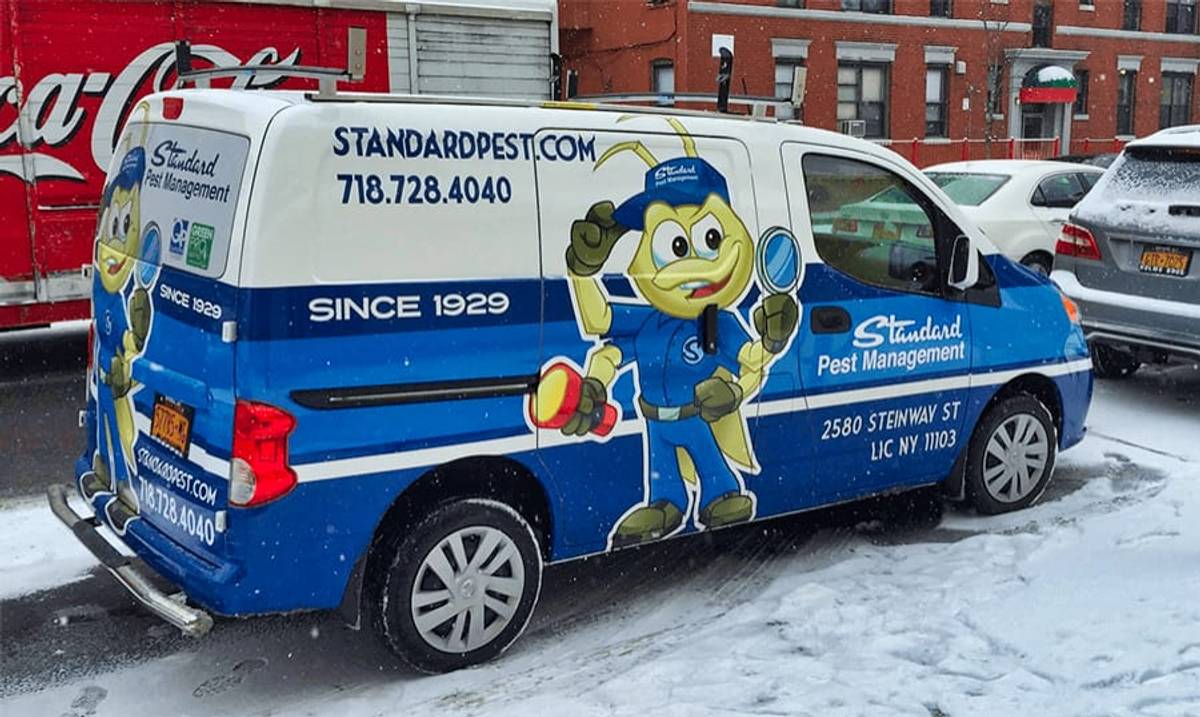
In general, we take the IPM or integrated pest management approach. That means that we take a broad approach intended to control them through economic means and suppress their populations before it can cause economic damage.
We will do disinfecting & decontamination as the need arises for it. Meanwhile, we hope to minimize the risks to both the customers of the business and the business owner and employees. We want everyone to feel safe.


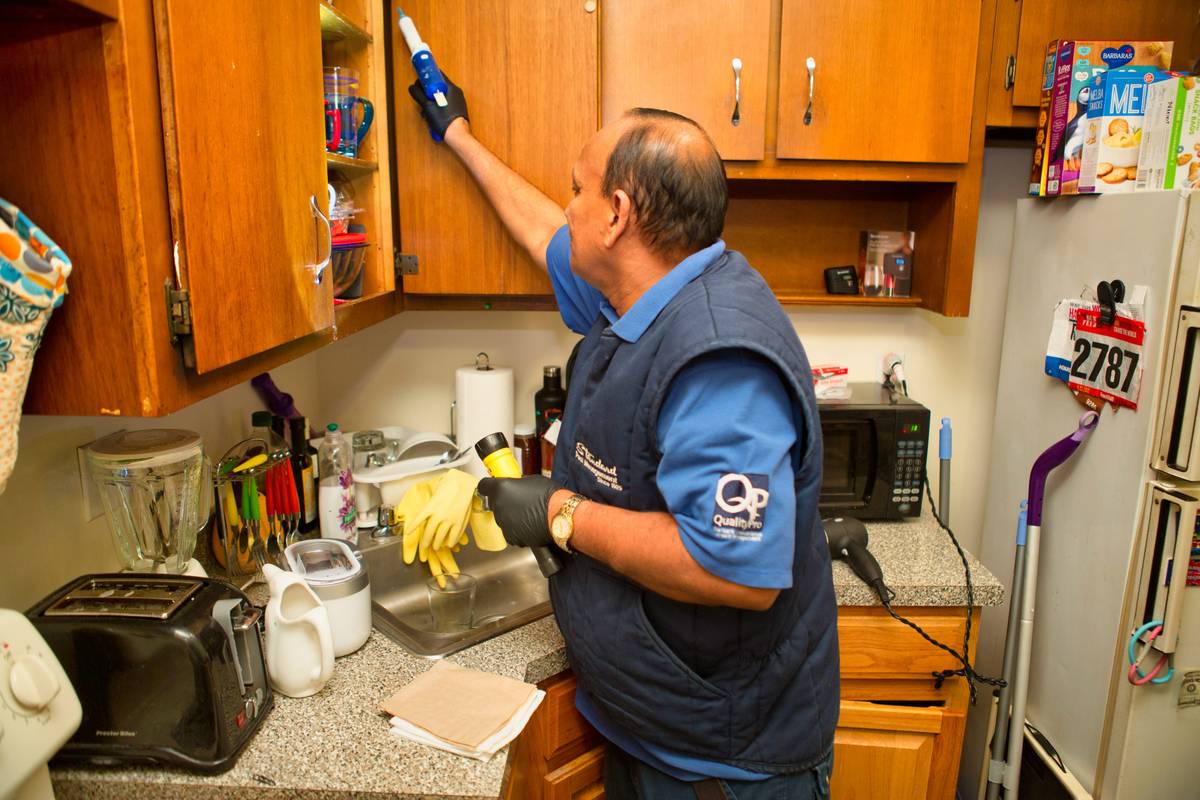
Important to note, if you want to have success, you have to take active measures that led to the pest problem in the first place. You have to keep cleaning thoroughly and do what you can to ensure that they don’t get provided with a new food source. You might even draw up guidelines for your employees to ensure that this practice gets enacted to see the most success.
An exterminator can only do so much, but if the people don’t take active measures to prevent a second breakout, they will have the problem all over again. Pest control only handles a current problem, but it does nothing to handle future problems without proactive measures.


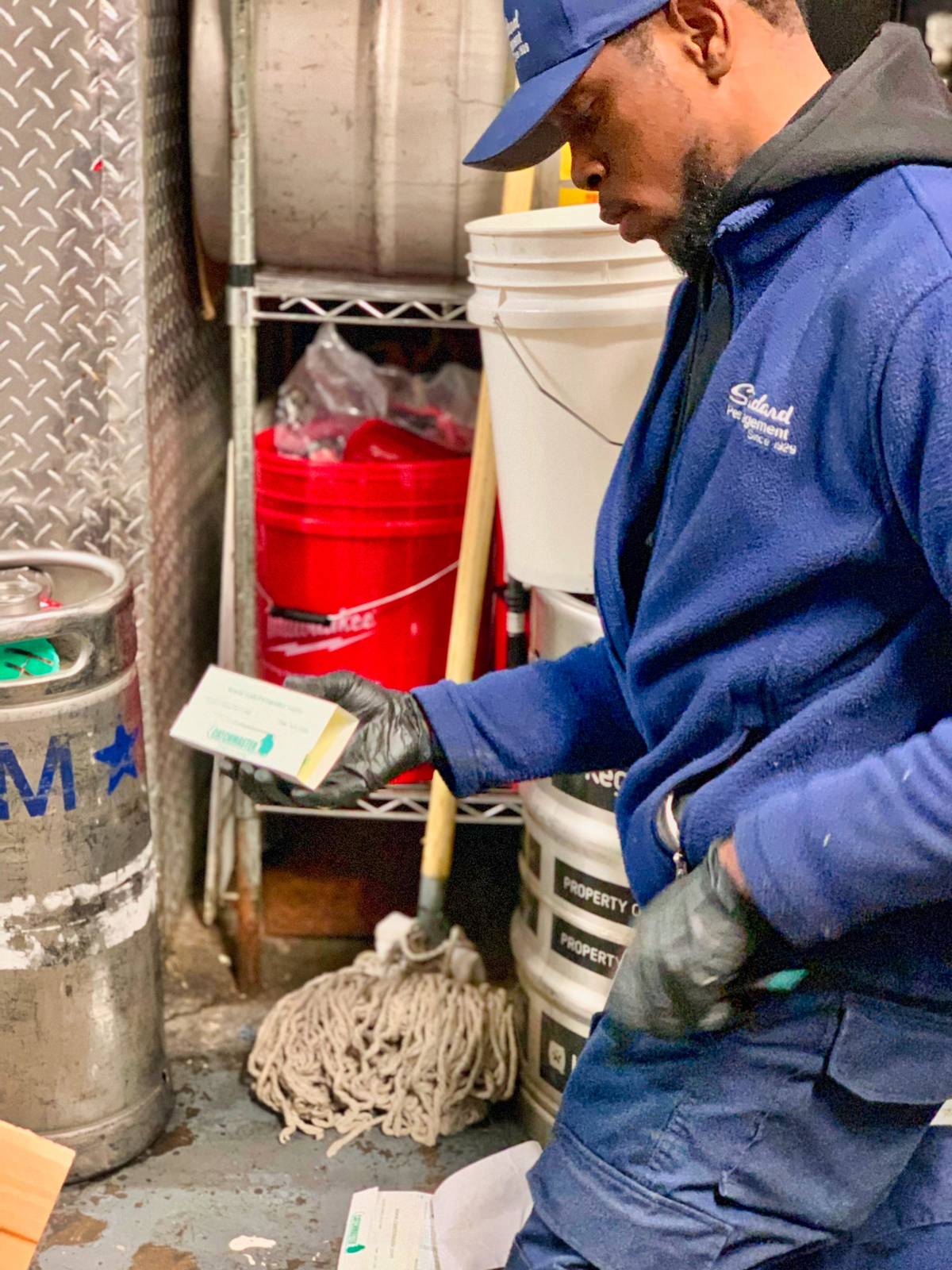
We wage war on every front because of how we have seen that it yields the highest chances of success. When we show up to do a pest control job, we look for every way to attack the pests.
We want to make sure that our customers succeed in getting rid of them. We send out an experienced technician who understand how to use these tools.


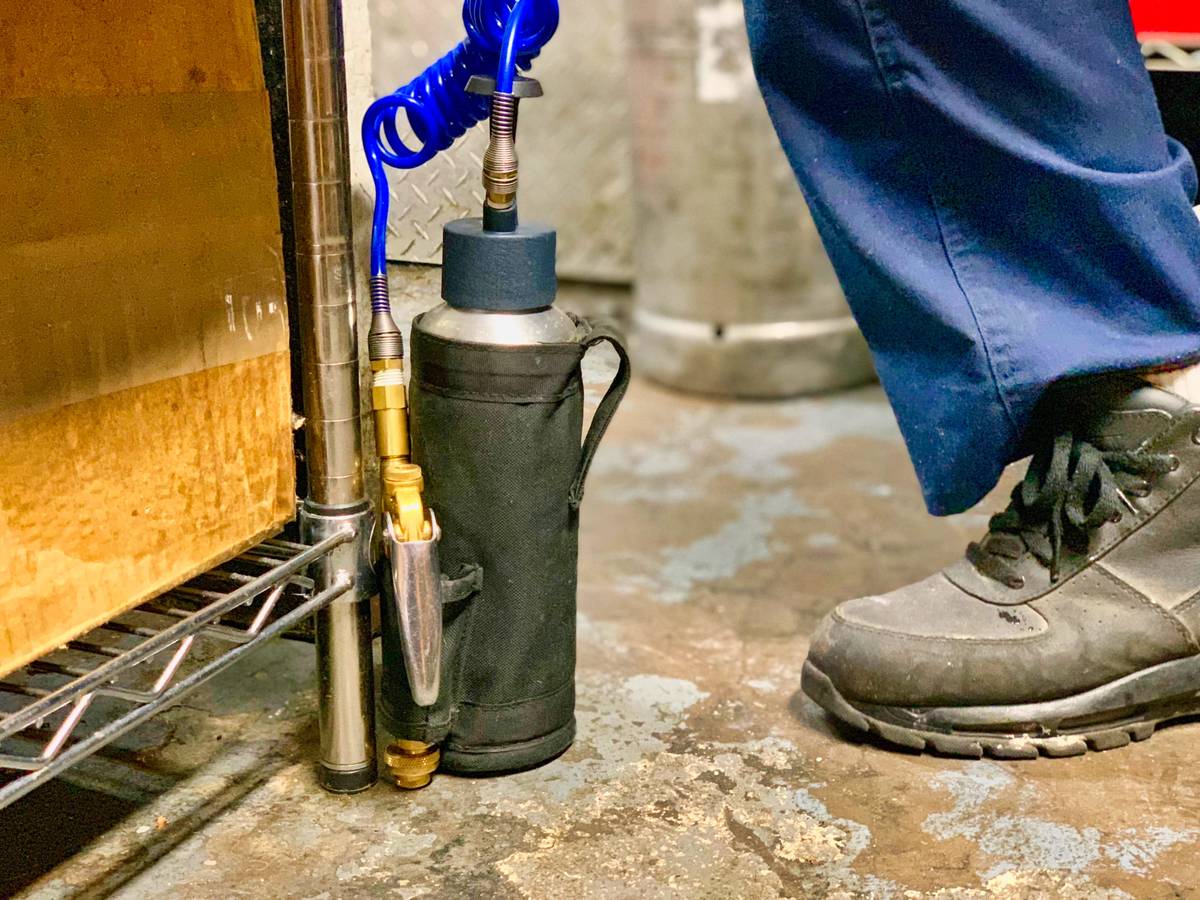
Once we have taken action against the pests, we wait to see what the results look like. If the results border anything south of perfect, we adjust our approach until we find what works for taking care of the problem.
Always, one of our biggest goals is to have a low environmental impact. That matters because we want to do whatever we can to use safe products that won’t harm the environment or the people inside of the home.


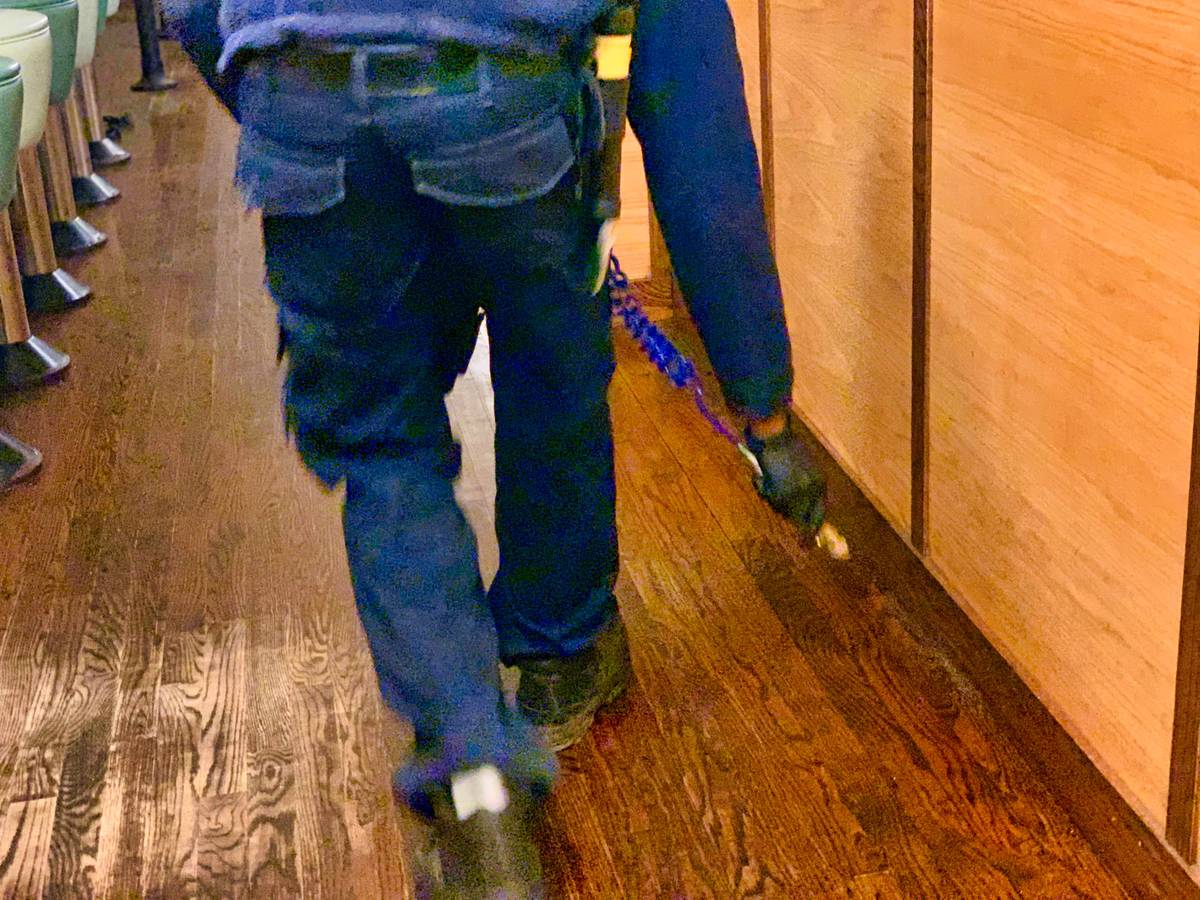
The best solution is the one that will not only handle the pests, but it makes sure that they don’t come back. At every step, you have to monitor, assess and treat in a way that pays attention to how they’re responding to it.
IPM is the approach that we use. We use rodent exclusion and pest exclusion tactics, which means that we take active measures to keep future occurrences from happening. We do business in New Jersey and New York City, and if you’d like to learn more, we invite you to check us out.